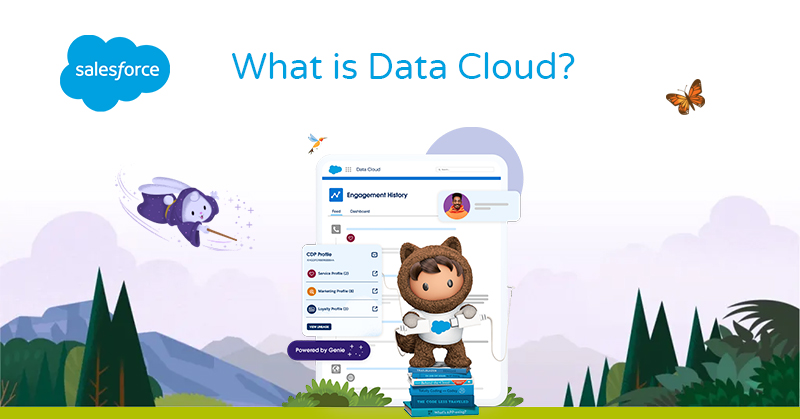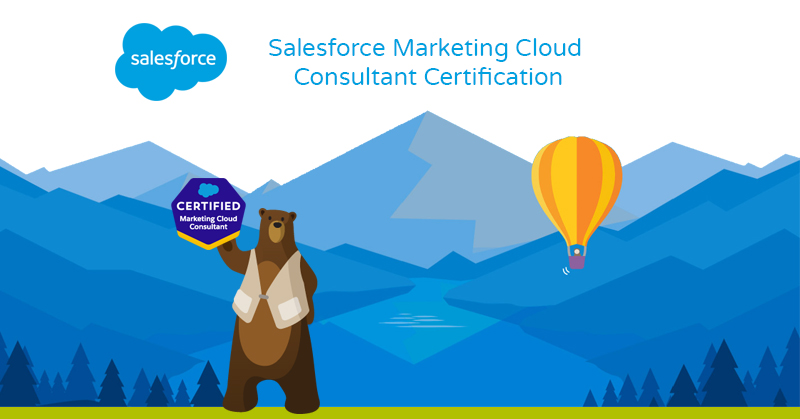An unified vision of the information
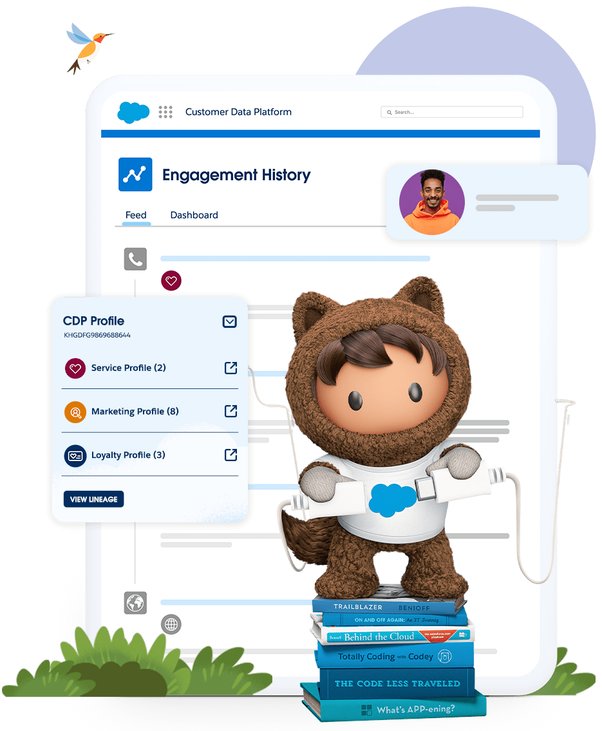
Data Cloud is a key technology for the management and efficient analysis of large volumes of data. Some years ago, the main problem companies faced was obtaining information about their clients and their interactions. Nowadays, the issue lies in correctly managing all the information gathered from different platforms, which is also stored in different places. This situation prevents a more in-depth and effective analysis of clients’ activity.
With all this information in storage, the focus shifts into unification and harmonization processes. How can we manage all this data about clients under a single image, on a single platform?
Salesforce Data Cloud – previously known as Customer Data Platform, or CDP for short– has revolutionized information management and personalization of the communications sent to the client.
On a single platform, under the same umbrella, it concentrates all the data from our clients and provides a single enriched image that allows us to impact them with the greatest possible personalization.
What is exactly Data Cloud?
But… What is Data Cloud? Well, it is a huge data platform built into Salesforce. It ingests data from different platforms and unifies it following a series of rules –known as match rules–. Thanks to that, you are able to have a complete image of your customer: Interactions in the different platforms, engagement, visits…
In addition to this, Data Cloud allows the creation of complex segments through an easy and intuitive drag and drop interface. This gives the user the opportunity to create audiences not only by mixing information from all the data sources required, but also without requiring technical skills. In fact, Data Cloud’s intended target are marketers.
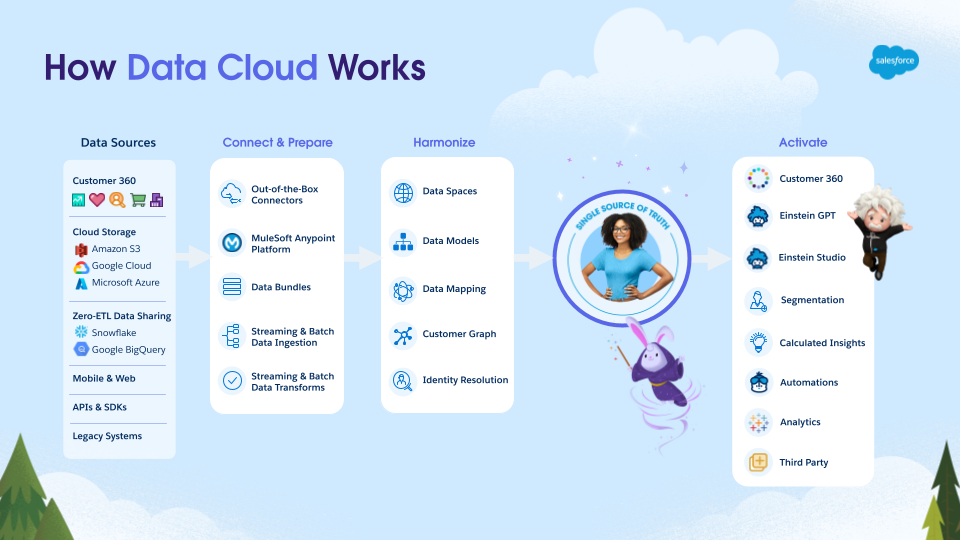
What other benefits can I obtain from Data Cloud?
Apart from the magic of the unification and the availability of creating segments, Data Cloud provides other benefits that should be highlighted.
Export the information to other platforms
In the same way it can receive data from any data source, after creating an audience, it can be sent back to another platform; its consolidated data can be used where needed. For instance, it can be used to create a campaign in Salesforce Marketing Cloud through a journey based on the clients of a Data Extension which will be automatically created when sending the segment from Data Cloud.
Additionally, another interesting option is to send the audience to a specific analytics tool that could help discover new insights or enrich an engagement analysis.
Create Calculated Insights to enrich your segments
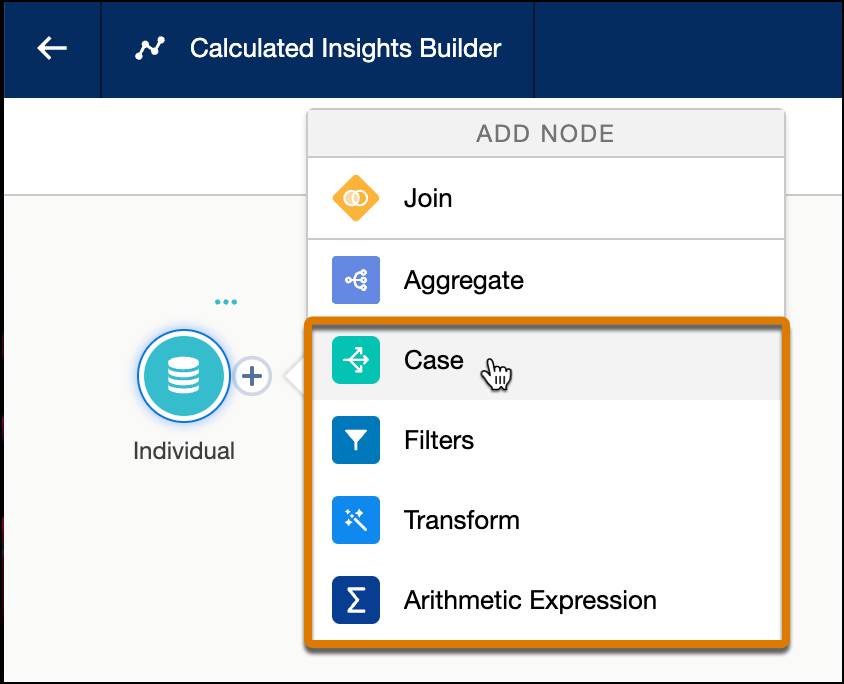
One of the main tabs found in Data Cloud’s menu is named ‘Calculated Insights’. These are calculated metrics which, thanks to the development of complex formulas and queries, provide numerical insights about anything imaginable.
For example, you can build a CI to know the number of times a customer has visited your web during the past month. Or maybe you could calculate the open rate of the customer to enrich your segmentations by including only those with a high or medium open rate.
As you can see, the possibilities are endless, so, are you ready to let your imagination fly?
Data Cloud has brought us a new world of enriched and unified data to create any segment and analyze it with better results. If you are thinking about driving your company’s data to the next level, you should keep Data Cloud in mind.
